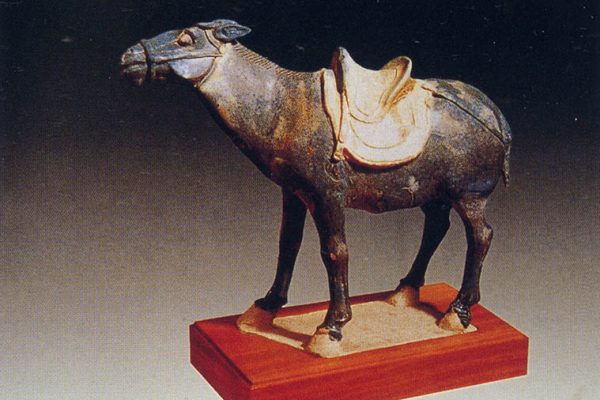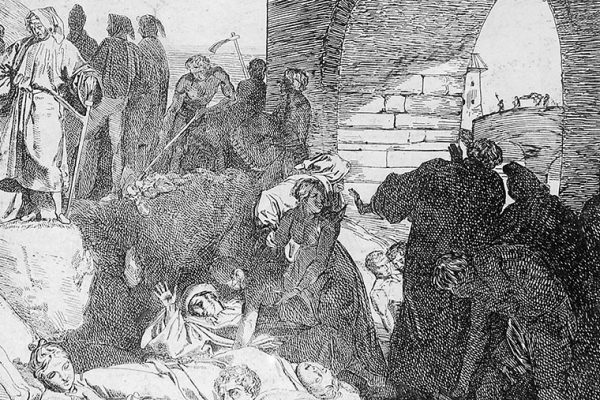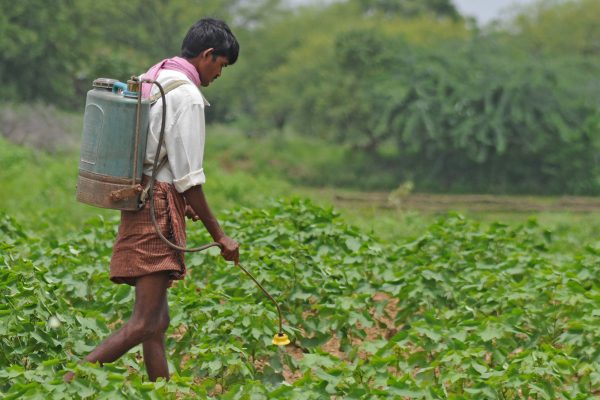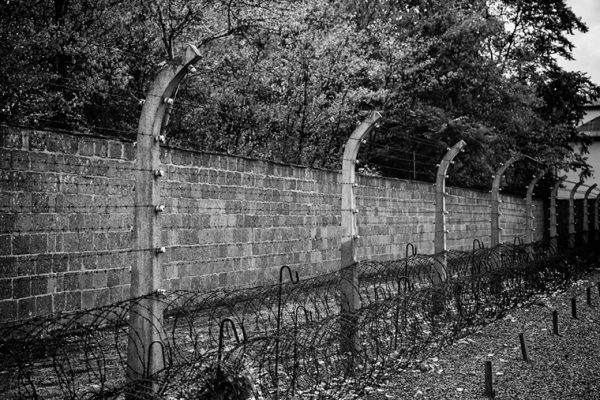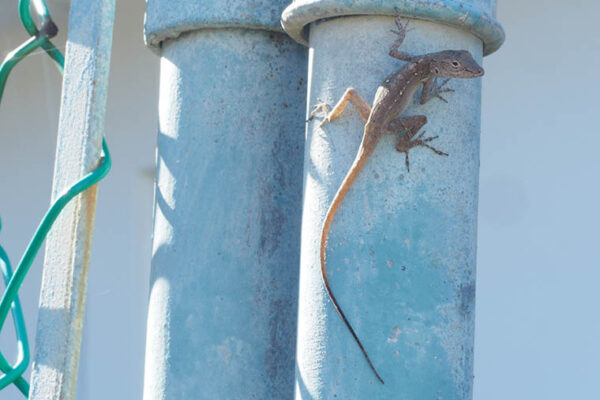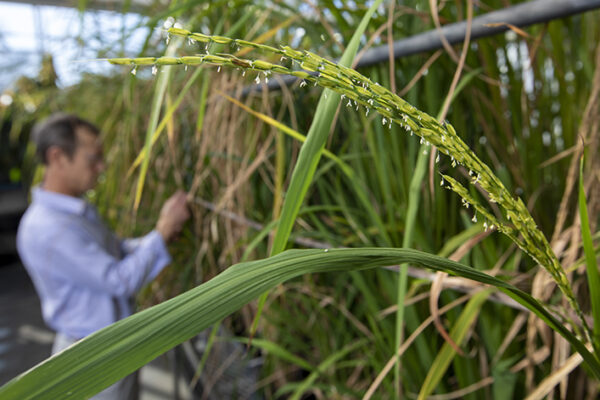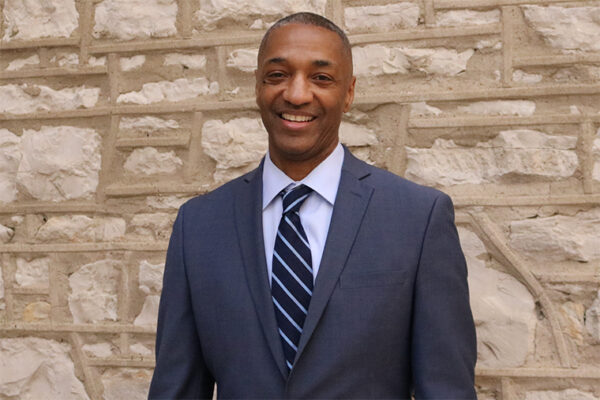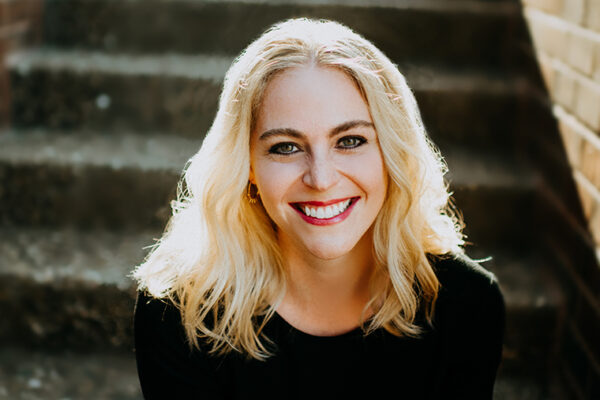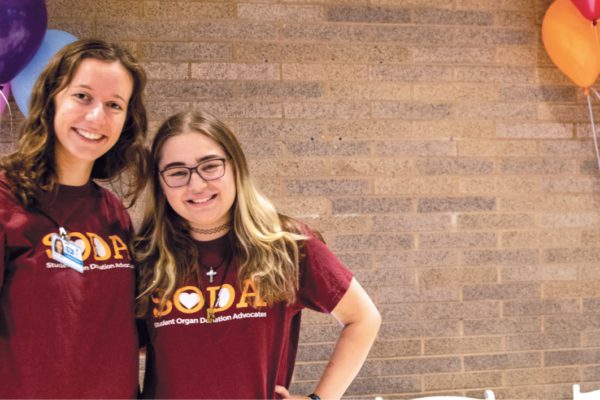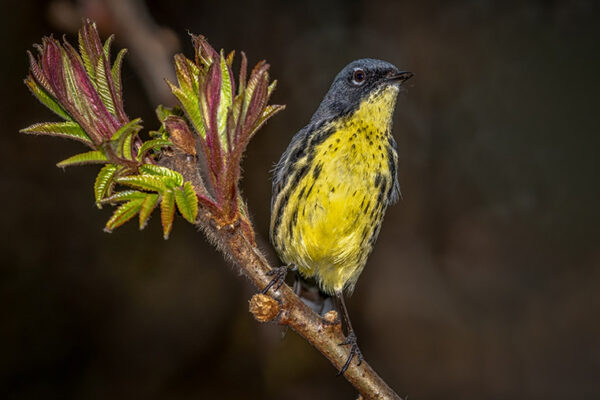Tang Dynasty noblewoman buried with her donkeys, for the love of polo
A noblewoman from Imperial China enjoyed playing polo on donkeys so much she had her steeds buried with her so she could keep doing it in the afterlife, archaeologists found. This discovery by a team that includes archaeologist Fiona Marshall at Washington University in St. Louis is published March 17 in the journal Antiquity.
A history of social distancing
Rebecca Messbarger, professor of Italian and founding director of the Medical Humanities program in Arts & Sciences, speaks on social distancing from medieval Florence to Progressive Era St. Louis.
Long-term analysis shows GM cotton no match for insects in India
Genetically modified Bt cotton is the most widely planted cotton crop in India by acreage, and it is hugely controversial. Supporters long touted increased yields and reduced pesticides to justify its pickup. But that argument does not hold up under the first long-term study of Bt cotton impacts in India. The analysis is co-authored by a Washington University in St. Louis anthropologist in the journal Nature Plants.
Study links present-day xenophobia, political intolerance to Third Reich
It has been nearly 75 years since the end of World War II, yet its legacy of xenophobia, political intolerance and radical political parties continues to plague Germany and the rest of Europe. A new study from Washington University in St. Louis finds that living near former Nazi-era concentration camps is, in part, to blame.
Hot time in the city: Urban lizards evolve heat tolerance
Faced with a gritty landscape of metal fences, concrete walls and asphalt pavement, lizards that moved into cities in Puerto Rico rapidly and repeatedly evolved better tolerance for heat than their forest counterparts, according to new research from Washington University in St. Louis and the University of California, Los Angeles.
Rice, know thy enemy: NSF grants $2.6M to study weedy invader
Weedy rice — or rice gone rogue — costs U.S. farmers more than $45 million annually. A team led by Washington University in St. Louis will characterize the genetic basis and origins of the traits that allow weedy rice to invade rice fields, reduce yields and contaminate harvests.
Tate appointed provost of the University of South Carolina
William F. Tate IV, dean of the Graduate School, vice provost for graduate education and the Edward Mallinckrodt Distinguished University Professor in Arts & Sciences at Washington University in St. Louis, has been appointed executive vice president for academic affairs and provost at the University of South Carolina, effective in July.
Collins’ book recognized for excellence in scholarly work
“Making Motherhood Work: How Women Manage Careers and Caregiving” received the Association of American Publishers’ 2020 PROSE Award for anthropology, criminology and sociology. The book was written by Caitlyn Collins, assistant professor of sociology in Arts & Sciences.
Do Well, Do Good: WashU alum Sara Miller wants to close the organ donation gap
Sara Miller, WashU alum, founded SODA, an organ donation advocacy group on campus to educate students.
Birds of a feather better not together
Diversity plays a key role in maintaining the stability of plant and animal life in an area. But it’s difficult to scale up smaller experiments to understand how changes will impact larger ecosystems. A new study of North American birds from biologists in Arts & Sciences reveals the importance of both total numbers and variation in species identities.
View More Stories
